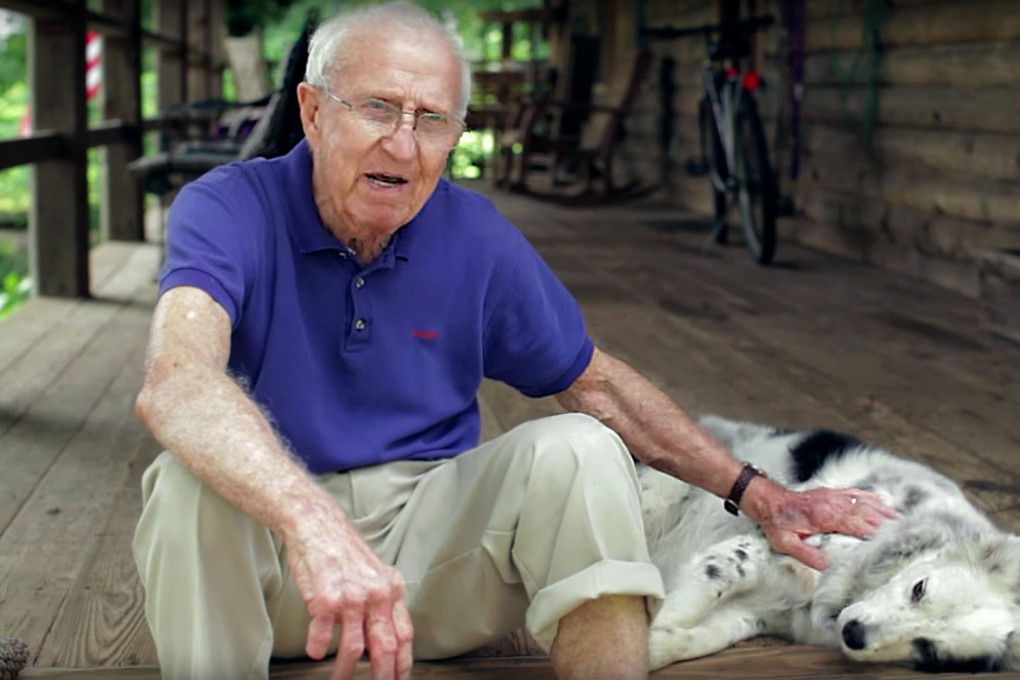Does your pet care about you? Probably not. Here's why
Caroline Williams investigates just how intelligent, entertaining and empathetic our 'best friends' can be.

The more we look at the animals we share our lives with, the more signs of intelligence crop up. Take Moses the red-footed tortoise. When Anna Wilkinson, an animal cognition researcher at the University of Lincoln, in Britain, put Moses into a maze, the notorious plodder surprised everyone. He not only performed as well as any rat but also altered his navigation strategy when the situation changed - something beyond rats. Tortoises, it seems, are anything but slow.
But we humans tend to be most impressed by aptitude that resembles our own particular brand of intelligence. So which pets come closest to being our mental equals?

African grey parrots can do something similar but they go one better by mimicking our words. Alex, the African grey trained and studied by Irene Pepperberg, at Harvard University, in the United States, learned 100 words and even made up some of his own, including "ban-erry" - he already knew banana and cherry, and seemed to reason that an apple was somewhere between the two. Alex was also the first non-human to ask a question about himself, inquiring about his colour, which suggests an appreciable level of self-awareness.

When it comes to social learning, or looking to others for new information and skills, dogs are out in front. Whether or not this makes them brighter is a matter of opinion, however. In a recent study comparing the problem-solving abilities of wolves and dogs, the wolves figured things out 80 per cent of the time. Dogs succeeded only 5 per cent of the time and, more often than not, looked to a human to help them out. So it appears that for dogs, domestication may have encouraged intellectual laziness.
And while they are not commonly kept as companions, no discussion of animal intelligence would be complete without the corvids. Ravens, crows, magpies and their ilk are staggeringly smart: they solve complex problems, make and use tools, remember where they hid food and plan for the future. And that's exactly why they make for demanding pets, prone to messy habits like stashing prawns among the dishcloths.